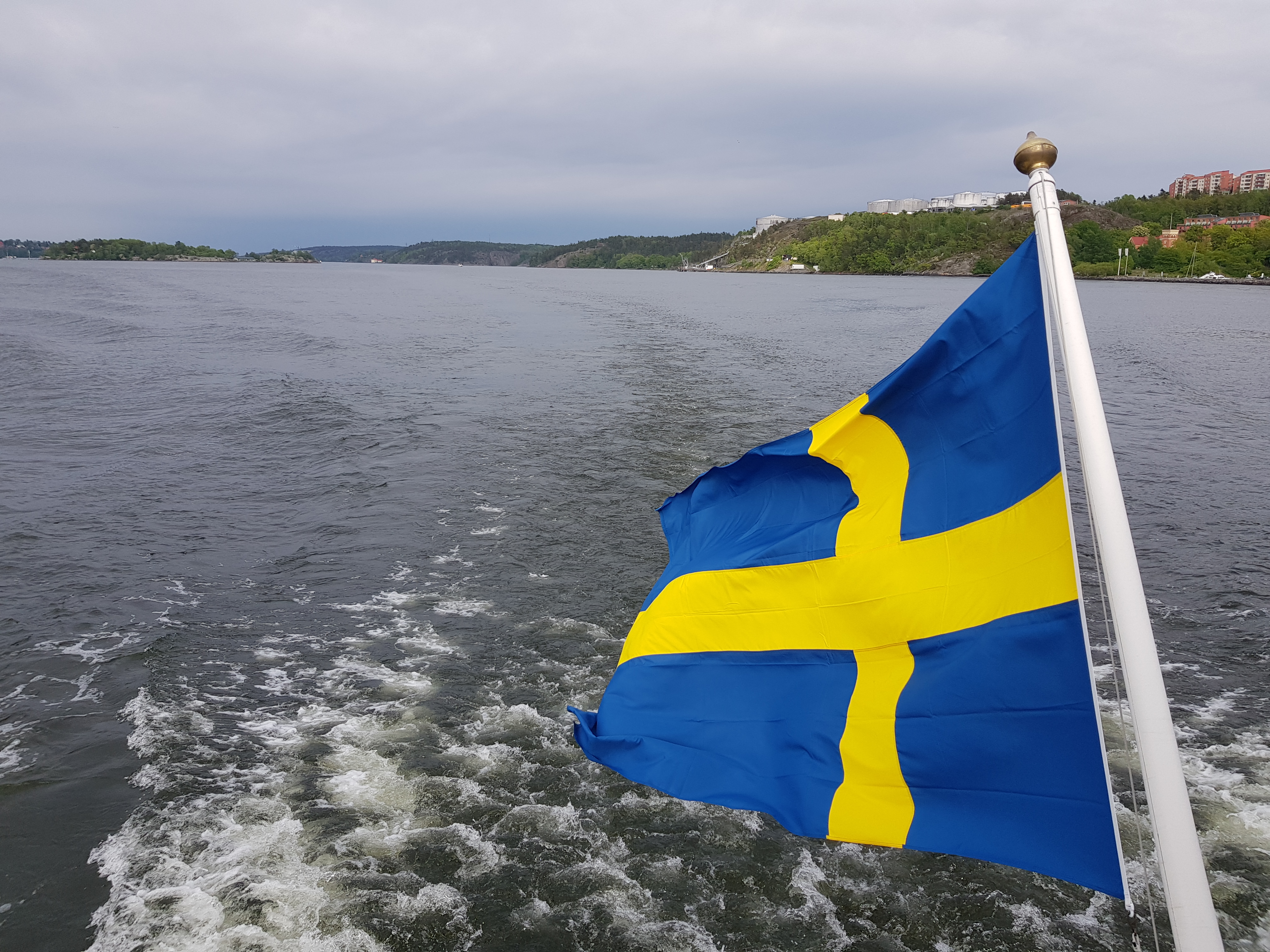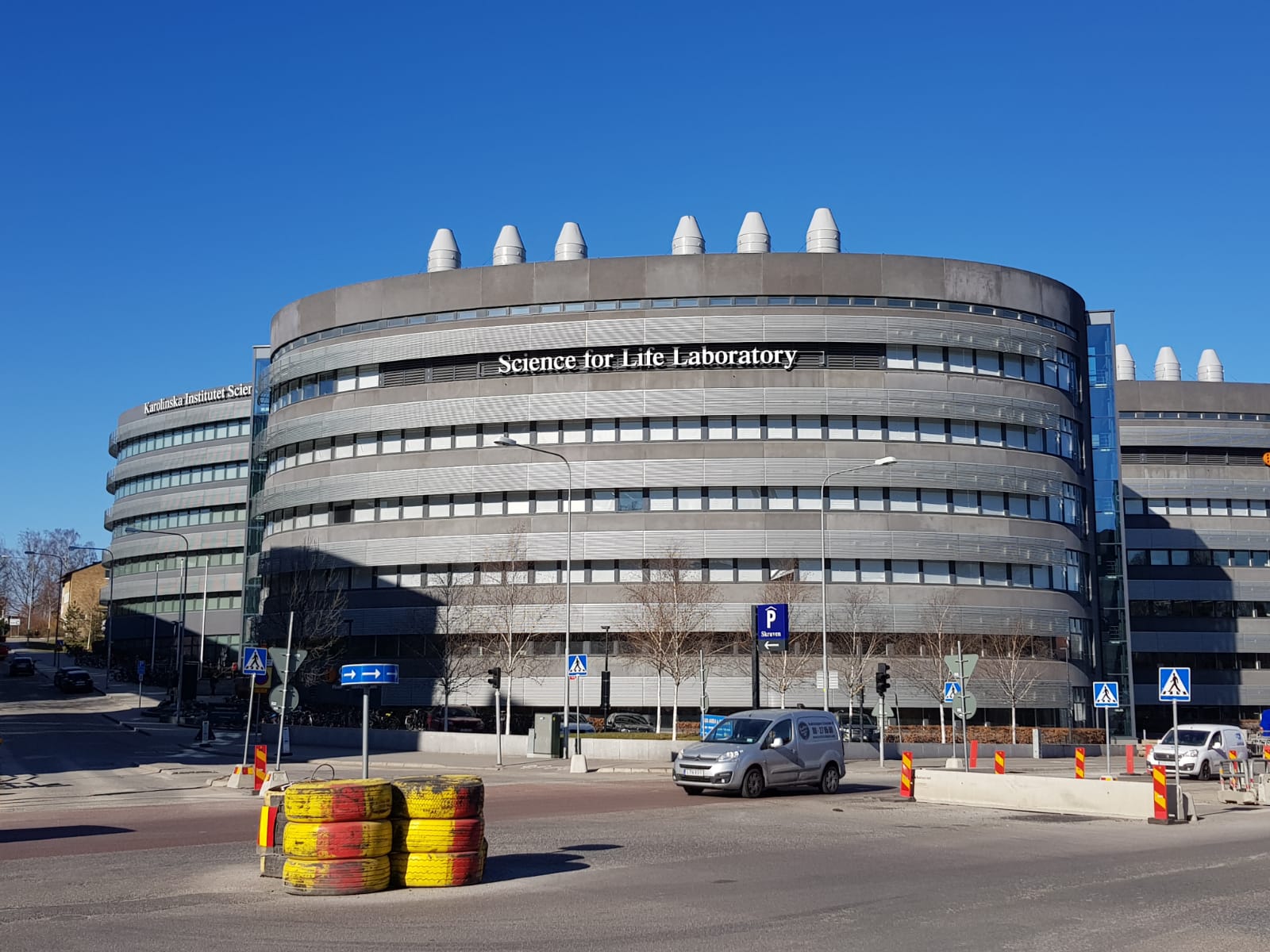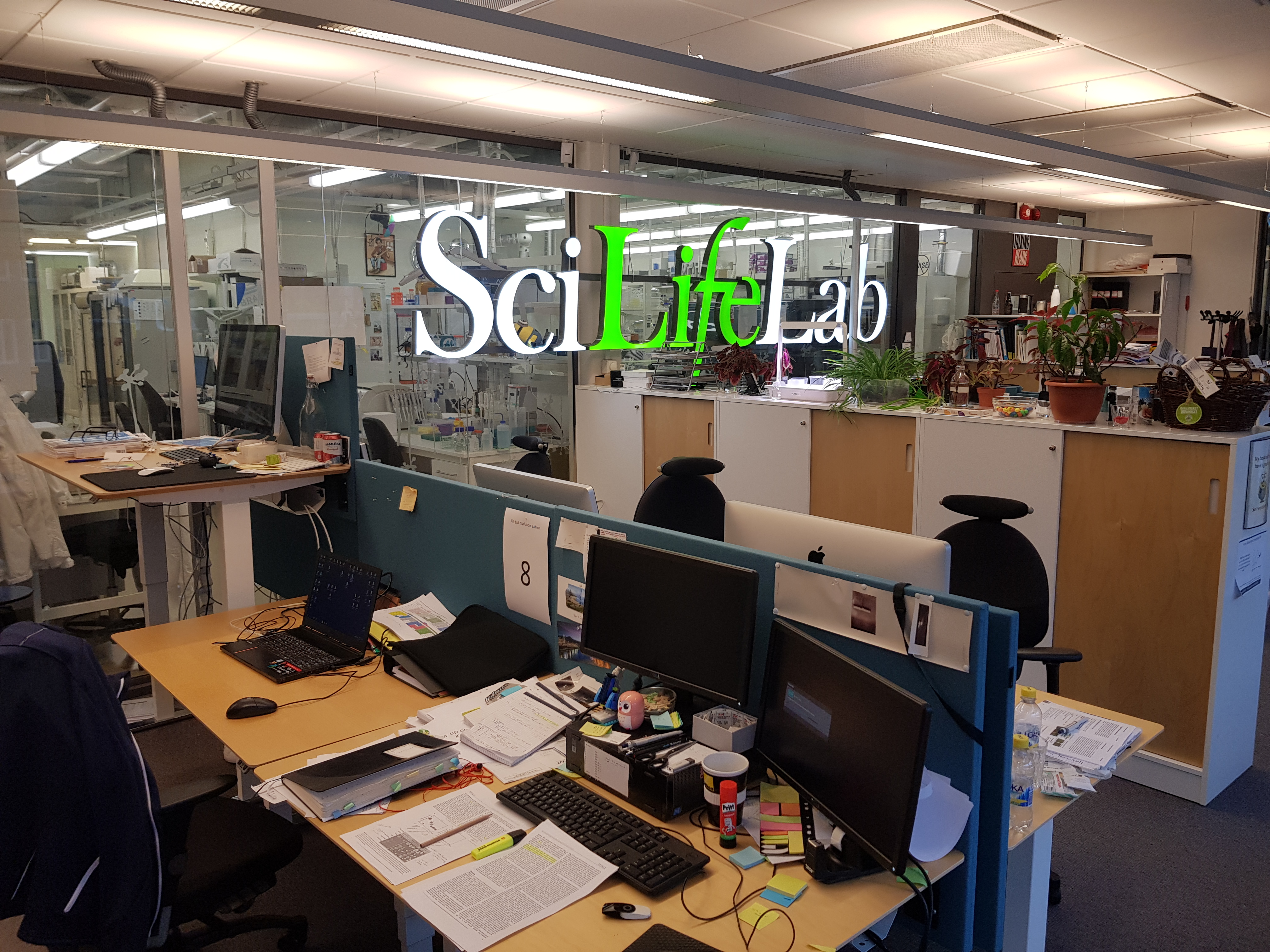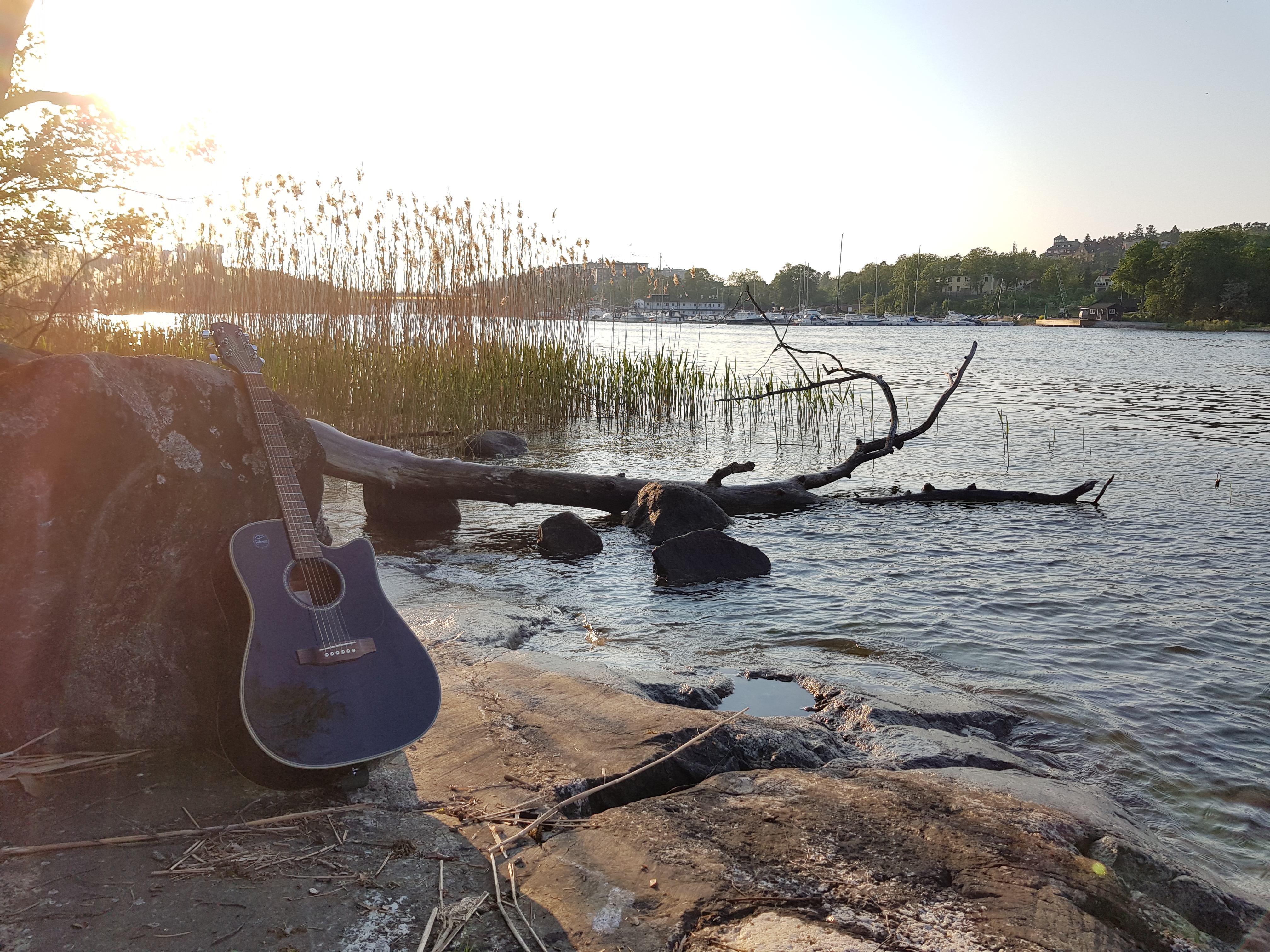15.06.2019
Moritz Koch @ SciLifeLab Stockholm
Report of IGIM PhD student Moritz Koch about his research stay at the SciLifeLab Laboratory of the KTH Royal Institute of Technology, in Stockholm, Sweden, from April to June 2019.
During the third year of my PhD I spend some time at the SciLifeLab in Stockholm. The institute is internationally well known for its interdisciplinary research in different fields of the life sciences.
I was particularly interested in the work of Prof. Paul Hudson, who is known for establishing CRISPR Cas for cyanobacteria as well as his synthetic biology approaches. To learn more about him and his work, I invited him to give a presentation for our RTG 1708. It turned out, that our research interests had much in common, so I decided to spend some time in his lab to learn how to use CRISPR in cyanobacteria.
Due to environmental reasons, I decided to travel by train. I was surprised how convenient the journey was and can highly recommend avoiding flying while traveling within Europe. In contrast to my nice journey, it turned out that the time in the lab was not as successful as I initially hoped to. Despite numerous attempts, the CRISPR system was not really suitable to answer the research question I had.
To make my stay a little bit more productive, I used my time to write a book chapter about my research topic. For this it was good that I was not so distracted with my daily routines from Tübingen, like supervision of students or other lab duties. Hence, it turned out to be quite a productive stay in the end.
Thanks to the Studienstiftung des Deutschen Volkes as well as the RTG 1708, all my expenses were covered, which I am very grateful for.
All in all, it was an exciting stay. Despite the fact, that the scientific output was not that large, I still learned a lot by performing research in a different environment and by having thought provoking discussions with people from different backgrounds. Hence, I would recommend other PhD students to spend some time abroad, even if it is just a short stay. Over the course of a four-year doctoral program, there should always be some room for international exchanges.
Zurück




